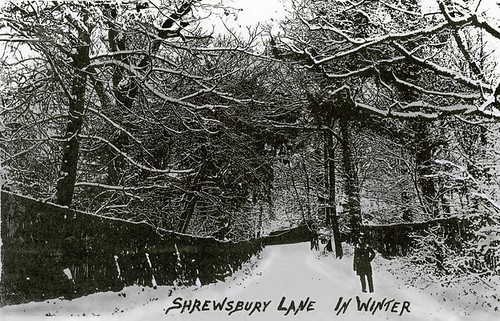
Oxleas Meadow 20/9/2006
At last, rather than appropriating (well, cloning) pictures by other people, I’ve finally managed to use one of my own as a site header. This one is a panorama taken in september 2006 using a sony phone, which is brilliant mainly because it can make panoramas on the fly, has a torch, and has outlasted several phones that I’ve bought since – many of them exhibiting suspicious signs of inbuilt obsolescence such as falling apart when being dropped, or konking out after a sledging trip… Yes I know, that’s ridiculous, but in my defence, when the technician at the local sony repair shop wrote off my phone on grounds of water damage, I reasoned they might have been right on account of all the snow that got into my pockets, however, on closer inspection of the phone, the water marker (a little white sticker on the battery that goes red when it comes into contact with water) was as dry as the corbett estate, and furthermore, the technician’s comment that the circuit board was rusty also set alarm bells ringing as I don’t think there’s anything inside mobile phones that actually rusts. Needless to say I won’t be going back there.
Anyway, this is admittedly a bad photo, I did try to do something about the join marks, mainly by changing it into black and white, but then missed the greens, so reverted back to the patchy-but-verdant look, besides greyness didn’t help much. I quite like the lense flare beaming down on the two people though.
Incidentally, stumayhew one of my favourite local photographers and member of aperture, really does take good pictures, and recently had a photo featured in the guardian.











